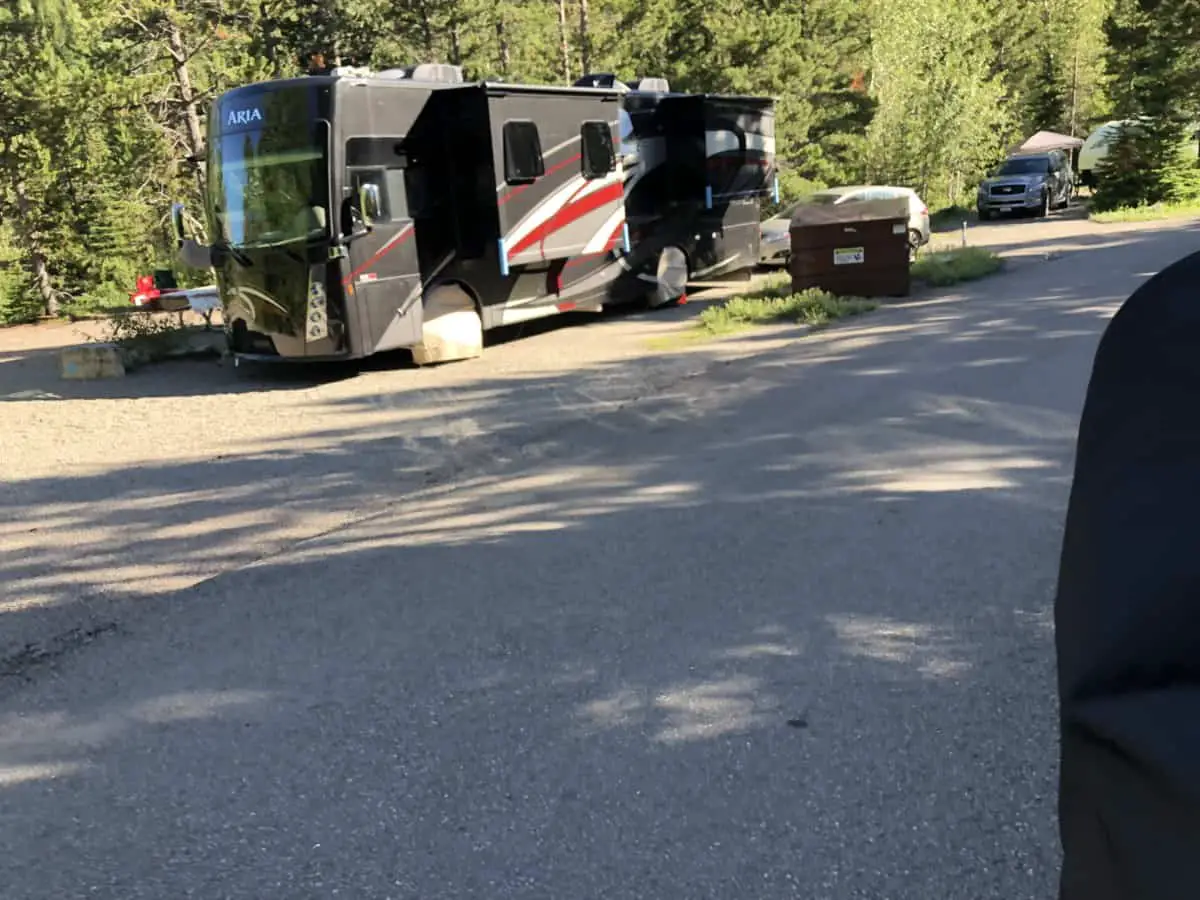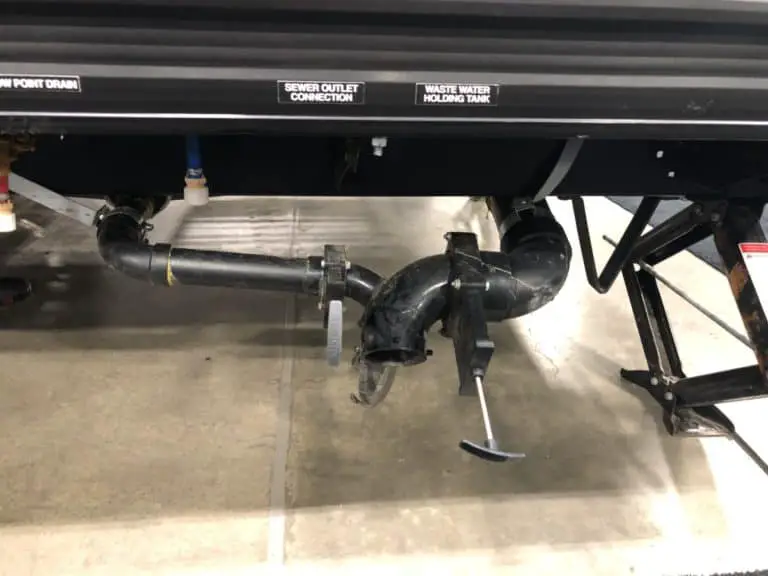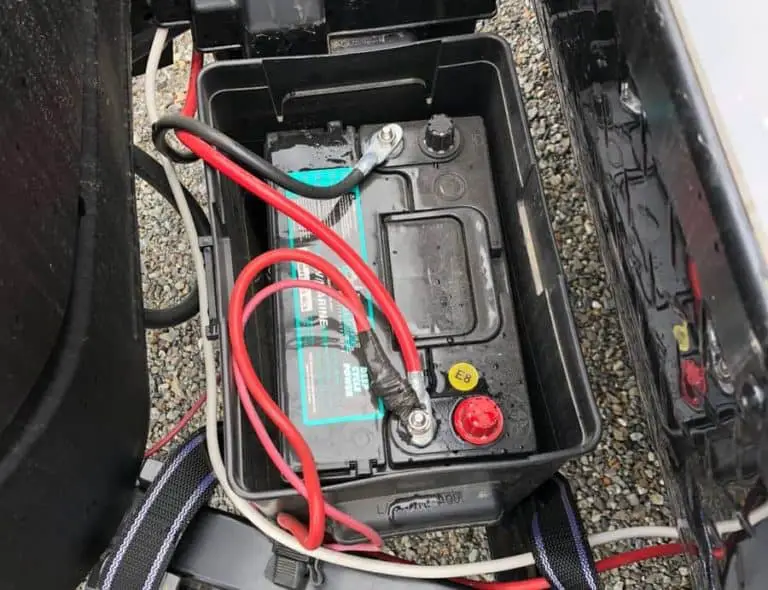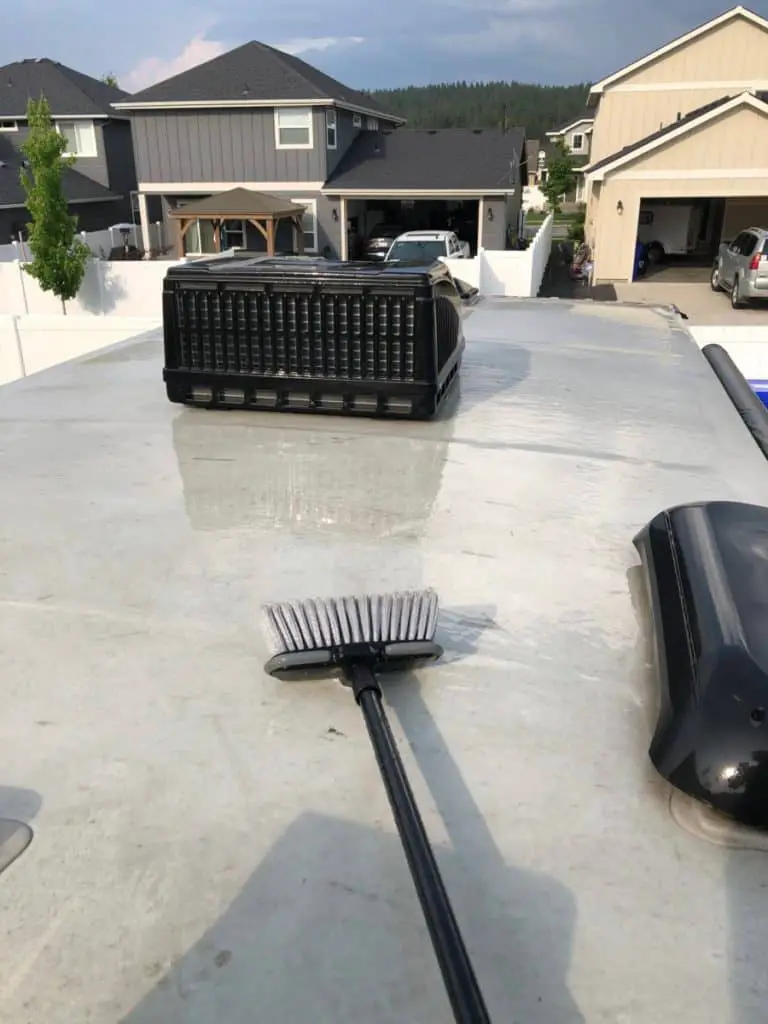How to Park a Travel Trailer or RV on a Hill
When traveling or parking your travel trailer for short periods or extended periods of time, you will come across all sorts of terrain. Perhaps your driveway is a steep slope, or storage yard is on a slope, you may wonder if it is safe or if you can park your RV or Travel trailer on a hill.
A travel trailer or an RV can be parked on a hill, but you should avoid it if possible even for short periods of time. If you have to park on a hill, make sure to follow every precaution such as adding wheel chocks and using your emergency brake.
Gravity is your enemy when it comes to parking on a hill. It produces a lot of strain on the towing vehicle or RV and can lead to catastrophe if you do not follow the correct steps and precautions for parking on a slope. Before doing so, make sure you have wheel chocks (for both RV and trailer) and leveling blocks (if you are parking a trailer long-term).
Below, you will learn about the risks of parking on a hill and the steps you should take to park successfully and safely. You can use the parking methods for RVs for the short-term or long-term, but there are different steps to take when parking a travel trailer for the long-term.
Risks of Parking a RV on a hill
There are many risks when parking an RV or travel trailer on a hill. For RVs and towing vehicles, prolonged hill parking can damage your transmission. The metal arm that holds your gear in place may slip into a transmission gear if parked on a hill. If you do not activate your handbrake before shifting into park, you put unnecessary strain on the metal arm that can even break it.
The main reason why it is risky to park on a hill is that your handbrake, transmission, or chocks may fail, which means your RV may come rolling down. If your travel trailer is not properly leveled or secured with wheel chocks, it also has the risk of rolling away.
How you should park your RV or Travel Trailer on a hill
Follow the steps below to successfully and safely park an RV on a hill, whether for an hour or for a season.
For RVs:
- Pull up parallel to the curb where you want to park.
- Leave one vehicle length of space behind you if you are parking uphill and in front of you if you are parking downhill.
- With your foot on the brake, put your RV in neutral and turn your tires in the correct direction, which is always facing towards the center of the road with the rear towards the curb. This keeps your RV from rolling away.
- Let your foot off the brake lightly until you feel the tire push up against the curb.
- Put the RV in park and then activate the handbrake.
- If you have them, place wheel chocks underneath the tires to ensure safety.
Travel trailers are a little bit different when it comes to parking for a short time and parking for the long-term, like for the winter season. If you must stop your travel trailer on a hill for a short time, you can park your vehicle, activate the parking brake, and put wheel chocks underneath the back tires of your trailer. This will secure it for a short time. Read below for how to park your travel trailer for the long-term.
For parking travel trailers long term on a hill:
- Choose a parking spot that, from side to side, is as level as possible. This will greatly decrease the amount of work you have to do to park successfully.
- Park your towing vehicle with the parking brake activated.
- Check to see that your trailer is level from side to side. If not, here is a full guide, or read below to learn how to make it level. It is extremely important that the trailer be level.
- Once the trailer is leveled, place your wheel chocks on the back tires of your trailer.
- Now it is safe to leave to disconnect your towing vehicle.
How do I level my travel trailer?
Before leveling your travel trailer, make sure you find the lowest grade slope to park on, if possible. If you can, avoid parking somewhere where your trailer is leaning to the side. This will make the process much easier. Keep your trailer hitched to the vehicle while leveling.
Once you’ve found a place to park, start by seeing if it needs to be leveled from side-to-side. Using a level (a cheap bubble level works fine), estimate how many leveling blocks you will need to raise the lower side. You can use plastic blocks or wood blocks, as long as the wood isn’t rotting.
After you’ve stacked up the blocks in front of the trailer, slowly pull it forward (using someone else as your eye!) until the tire rests on the block(s). The entire tire should be on top of the blocks. Make sure that there isn’t any part of the tire hanging off the side.
Check to see if you have it completely leveled. If not, back the trailer off of the blocks and try again. Once it is level, place your wheel chocks beneath the downhill part of the wheel. Don’t forget them! They provide more security for keeping your trailer in place and it reduces the amount of rocking in the trailer as people walk around in it.
Conclusion
To wrap things up, it is possible to park your travel trailer or RV on a hill, but it is extremely important that you take the necessary precautions before deciding to do so. Make sure that you complete each step with care so you have the lowest chance of your RV or trailer rolling away and avoiding damage to your vehicle or trailer.
You will be able to park on a hill temporarily or long-term if done correctly. RVs do not require additional steps to secure it for the long-term versus short-term, but do require extra maintenance to fully winterize it, or prepare it for long-term parking.
Travel trailers, however, must be leveled before parking long-term, but for a short parking break, it is okay to just leave it connected to the vehicle, as long as the vehicle has its parking brake activated and there are wheel chocks on the back tires of the trailer.
These are the best ways to safely park your RV or trailer, and are very important in order to safely park your vehicles or trailer.
Be the first to be notified about FREE tips, hints, coupon codes, and email-exclusive information. All for FREE!













